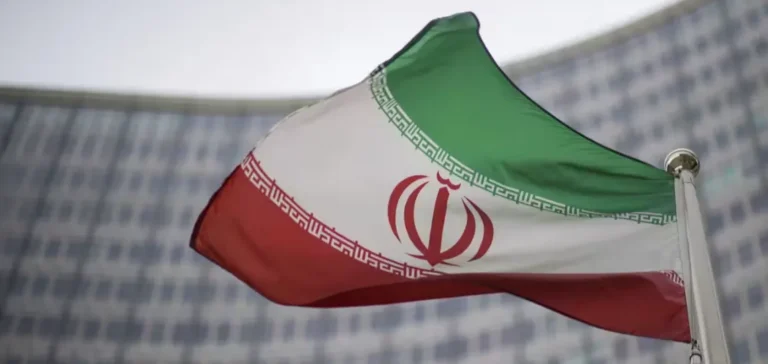All United Nations Security Council resolutions related to sanctions aimed at preventing nuclear proliferation in Iran have been reinstated. The so-called “snapback” mechanism, triggered on August 28 by the E3 group (Germany, France, United Kingdom), came into effect at midnight GMT between Saturday and Sunday, in the absence of a new agreement with Tehran. This reinstates sanctions suspended under the 2015 nuclear deal, known by its acronym JCPOA (Joint Comprehensive Plan of Action), signalling a coordinated hardening of the Western stance.
Military, technological and financial embargo
The reimposed sanctions target any entity, company or individual involved in Iran’s nuclear or ballistic missile programmes. They include an embargo on conventional arms, banning all transfers of weaponry to Iran. The export and import of technologies, spare parts and goods related to prohibited programmes are also prohibited. In addition, foreign assets held by individuals or organisations linked to these activities are to be frozen, with travel bans imposed on those identified.
UN member states are expected to impose strict restrictions on banking services, financing or economic activities that could indirectly support Iran’s nuclear or ballistic development. Further sanctions could be applied to those violating the measures, including the blocking of their international assets.
European enforcement and expected circumventions
The European Union had already adopted autonomous measures aligned with Security Council resolutions to enhance their impact. However, the snapback’s implementation will require formal incorporation into EU law. The United Kingdom, no longer an EU member, will also need to define its national legal response. No details have yet been communicated regarding the timeline or procedures of this transposition.
Observers are questioning the real-world effectiveness of the reactivated sanctions. Several countries, including China and Russia, have contested the snapback’s legality and may choose not to comply, continuing trade relations with Iran. China, Iran’s largest oil buyer, remains central to this uncertainty.
Impacts on maritime transport and financial markets
Immediate consequences are expected for logistics chains and maritime transport operators. Heightened regulatory constraints could raise the cost of transactions and insurance for cargo originating from or destined for Iran.
According to analysts, the mechanism may not completely halt trade flows, but it will increase operational complexity and perceived risk. This could discourage some operators from fulfilling or initiating new contracts. The banking sector is also likely to face tighter scrutiny over suspicious flows or indirect links to Iranian networks.






















